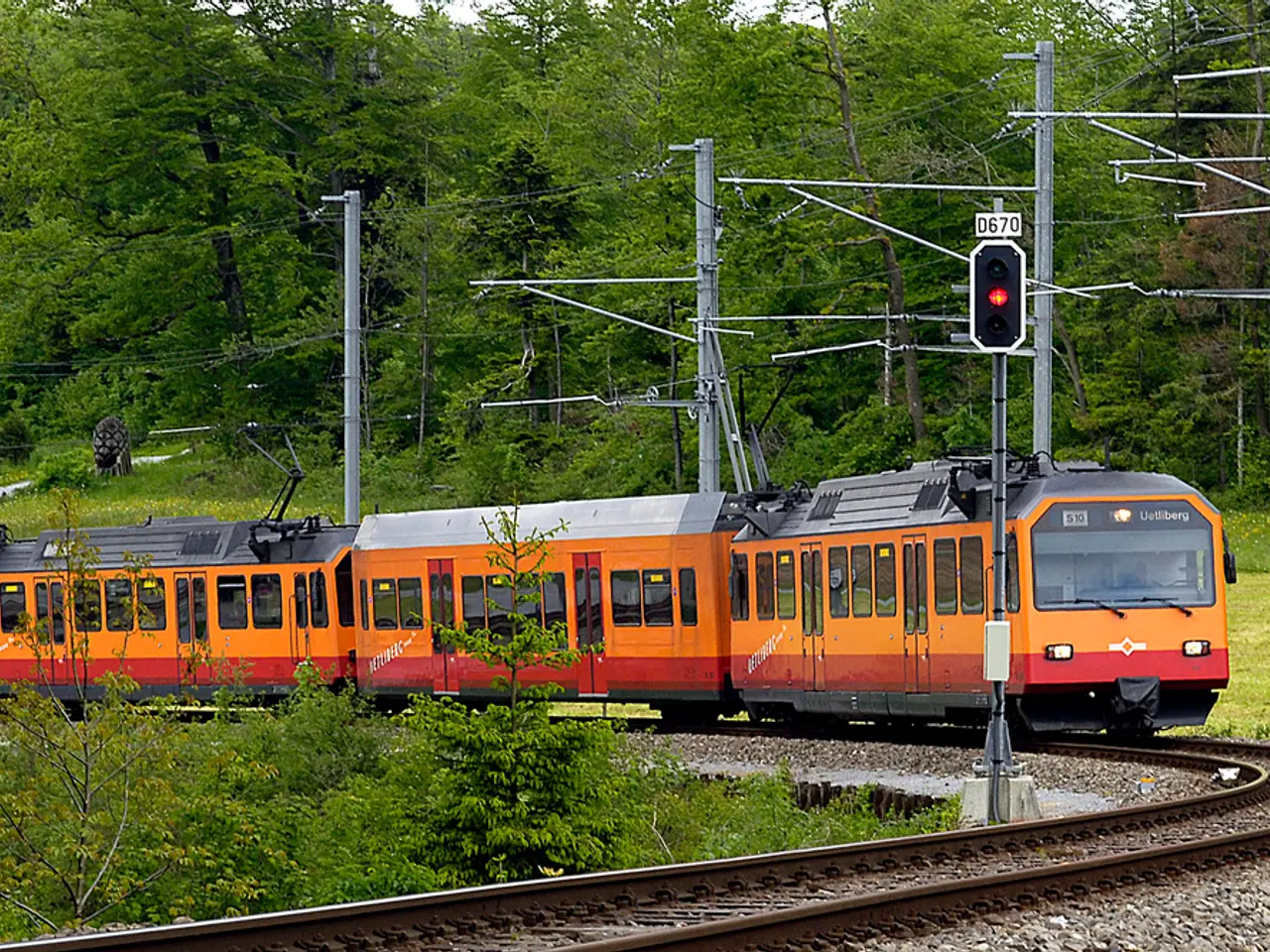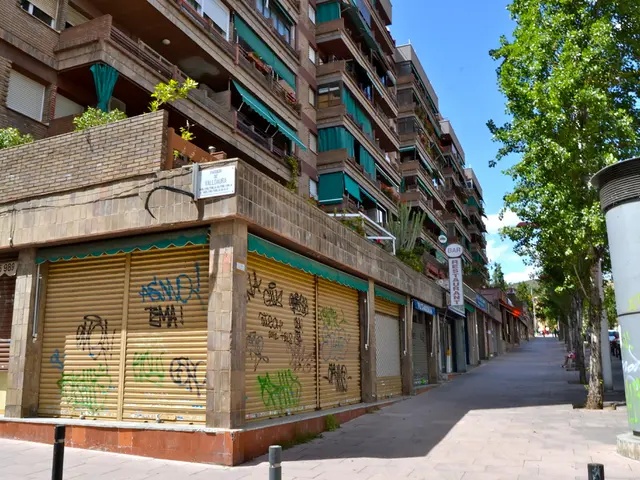EU Energy Infrastructure Modernization Stalls in Some Regions
The EU is driving forward plans to modernize its energy infrastructure. In 2023, it rolled out an Action Plan to address challenges in electricity networks. However, progress varies across the bloc, particularly in the deployment of smart meters and alternative fuel infrastructure.
Smart meters, which enable two-way communication between suppliers and consumers, have reached nearly 56% of EU customers. Yet, progress is slower in Central and Eastern Europe. Some countries struggle to meet the minimum standards proposed by the EU. National governments must step up to ensure timely deployment of alternative fuel infrastructure as well.
AVERE, the European association for battery, hybrid and fuel cell electric vehicles, has welcomed the EU's Action Plan. Its President, Patrik Krizansky, praised the initiative for addressing infrastructure bottlenecks. AVERE acknowledges the need for prior state investment to accelerate the development of charging networks. It also emphasizes the importance of correctly implementing existing rules for alternative fuel infrastructure. To facilitate charging network installation, AVERE recommends having information about electrical supply capacity at each site.
While the EU's Action Plan is a step in the right direction, there's still work to do. National governments must fulfill their responsibilities in deploying smart meters and alternative fuel infrastructure. AVERE's recommendations can complement the Action Plan, helping to create a more efficient and sustainable energy future for the EU.








